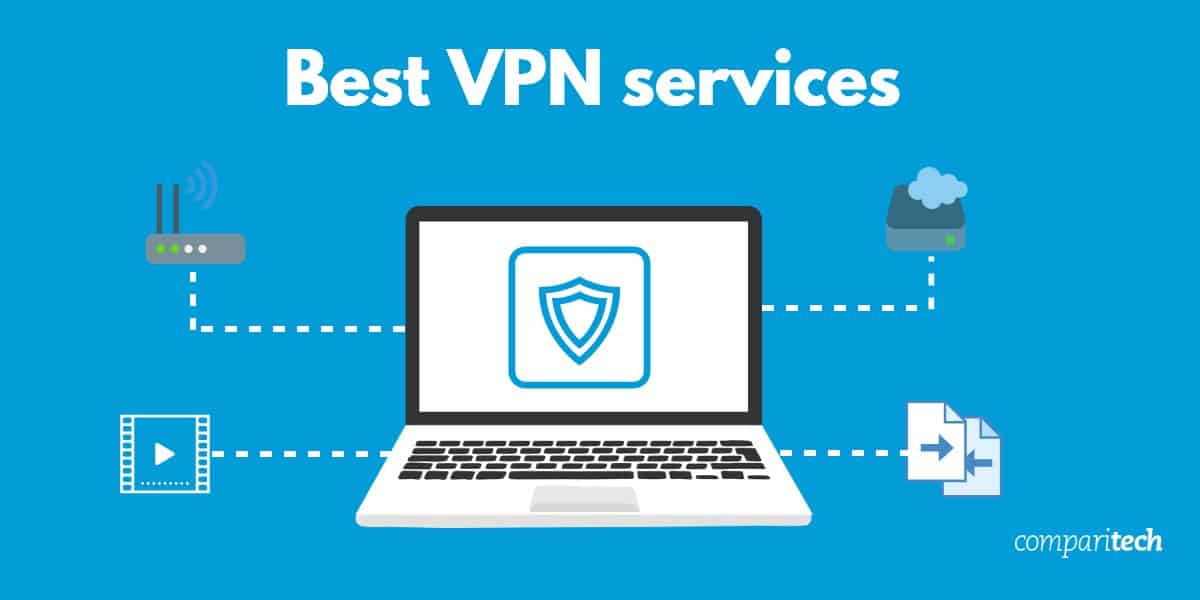
How to Check the Privacy of Your Devices with VPN Services
In today’s digital age, where personal data is constantly at risk from cyber threats and- surveillance, ensuring the privacy of your devices is crucial. Virtual Private Networks (VPNs) are powerful tools that can help safeguard your online activities, but it’s essential to check and confirm that your VPN is working as intended. In this article, we’ll explore how to check the privacy of your devices with Best VPN Reddit services and ensure that your data remains secure.
Understanding the Role of VPNs in Device Privacy:
Before delving into the checks, it’s essential to understand the role of VPNs in device privacy. VPNs work by encrypting your internet connection and routing it through a secure server, making it challenging for third parties, including hackers and ISPs, to monitor your online activities. To verify that your VPN is effectively protecting your device’s privacy, follow these steps:
1. Check Your IP Address:
The most straightforward way to verify your VPN’s effectiveness is to check your IP address. When you are connected to a VPN server, your visible IP address should match the server’s location, not your real physical location. You can check your IP address using various online tools and websites that display your current IP address and location. If the shown location matches your VPN server’s location, your VPN works correctly.
2. Test for DNS Leaks:
DNS (Domain Name System) leaks can occur when your device sends DNS queries outside the VPN tunnel, potentially revealing your IP address to third parties. These tools will check whether your DNS queries are getting routed through the VPN server or if there are any leaks. If your DNS queries do not match the location of your VPN server, there may be a DNS leak, indicating a privacy issue.
3. Run a WebRTC Leak Test:
WebRTC (Web Real-Time Communication) is a technology used by web browsers for video and audio communication. It can also inadvertently leak your IP address. To test for WebRTC leaks, you can find online tools specifically designed for this purpose. If your actual IP address gets exposed during the test, you should take steps to address this issue, such as configuring your browser to disable WebRTC or using browser extensions that prevent WebRTC leaks.
4. Check for IPv6 Leaks:
While IPv6 is less than IPv4, some websites and services still use it. VPNs primarily protect against IPv4 leaks, but IPv6 leaks can occur if your VPN is not configured correctly. If you find IPv6 leaks, consider contacting your VPN provider for guidance on resolving the issue or disabling IPv6 on your device.
5. Keep Software and Apps Updated:
Regularly update your VPN software and apps to ensure you have the latest security patches and improvements. Best VPN Reddit providers often release updates to address vulnerabilities and enhance privacy protections. Staying up to date with these updates helps maintain the security of your device.
6. Contact Customer Support:
If you encounter privacy concerns or issues with your VPN, don’t hesitate to contact your VPN provider’s customer support. Reputable providers offer responsive support to assist you with technical or privacy-related questions.



